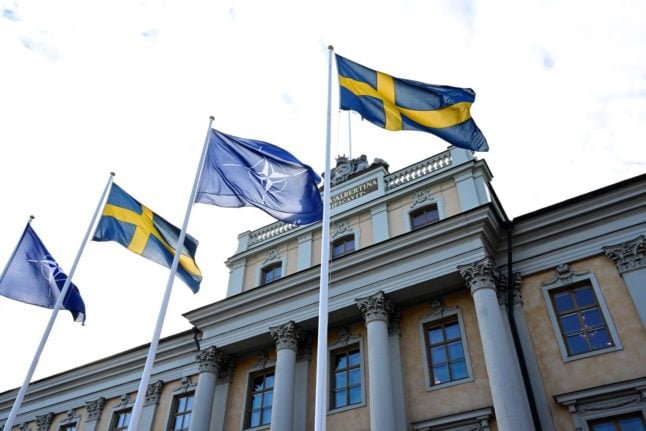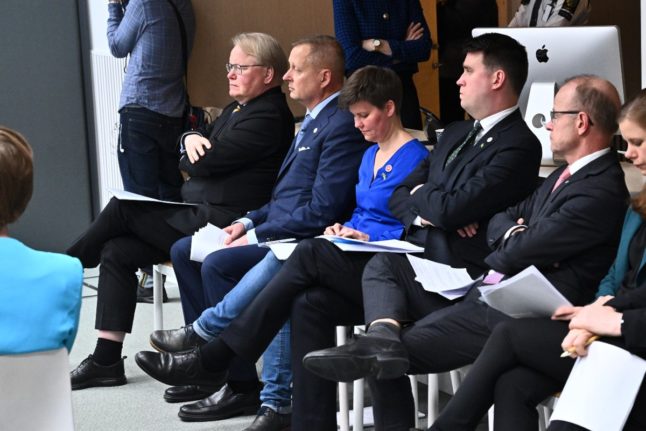Sweden is on track to become the 32nd member of the military alliance within days, after last holdout Hungary ratified its bid on Monday.
Ending two centuries of military non-alignment, the Nordic country applied for Nato membership along Finland in the wake of Russia’s invasion of Ukraine.
According to a poll conducted by analyst firm Indikator for Swedish broadcaster SR, 55 percent of Swedes believe that the Scandinavian country “has made too many sacrifices to join Nato”.
Meanwhile, 77 percent believe that “Sweden’s security is strengthened” by its membership.
The survey polled 2,413 people during February, but no questions were asked about the type of sacrifices people took issue with.
The results show that Swedes see “the Nato process for the complicated issue it has been,” Per Oleskog Tryggvason, head of research at Indikator, told AFP.
“The opinion that Sweden’s security is strengthened by Nato membership, for that there is an overwhelming consensus. But you can see that the road there has not been straightforward,” Oleskog Tryggvason said.
Sweden’s bid primarily faced opposition from Turkey which accused the Nordic country of providing a safe haven for dozens of suspects it believes are linked to a failed 2016 coup attempt and Kurdish separatists.
Sweden came to an agreement with Turkey in 2022, committing to consider its extradition requests and to lift an arms embargo dating to Turkey’s 2019 military incursion into Syria.
It also amended its constitution in order to beef up anti-terror legislation.



 Please whitelist us to continue reading.
Please whitelist us to continue reading.
Member comments